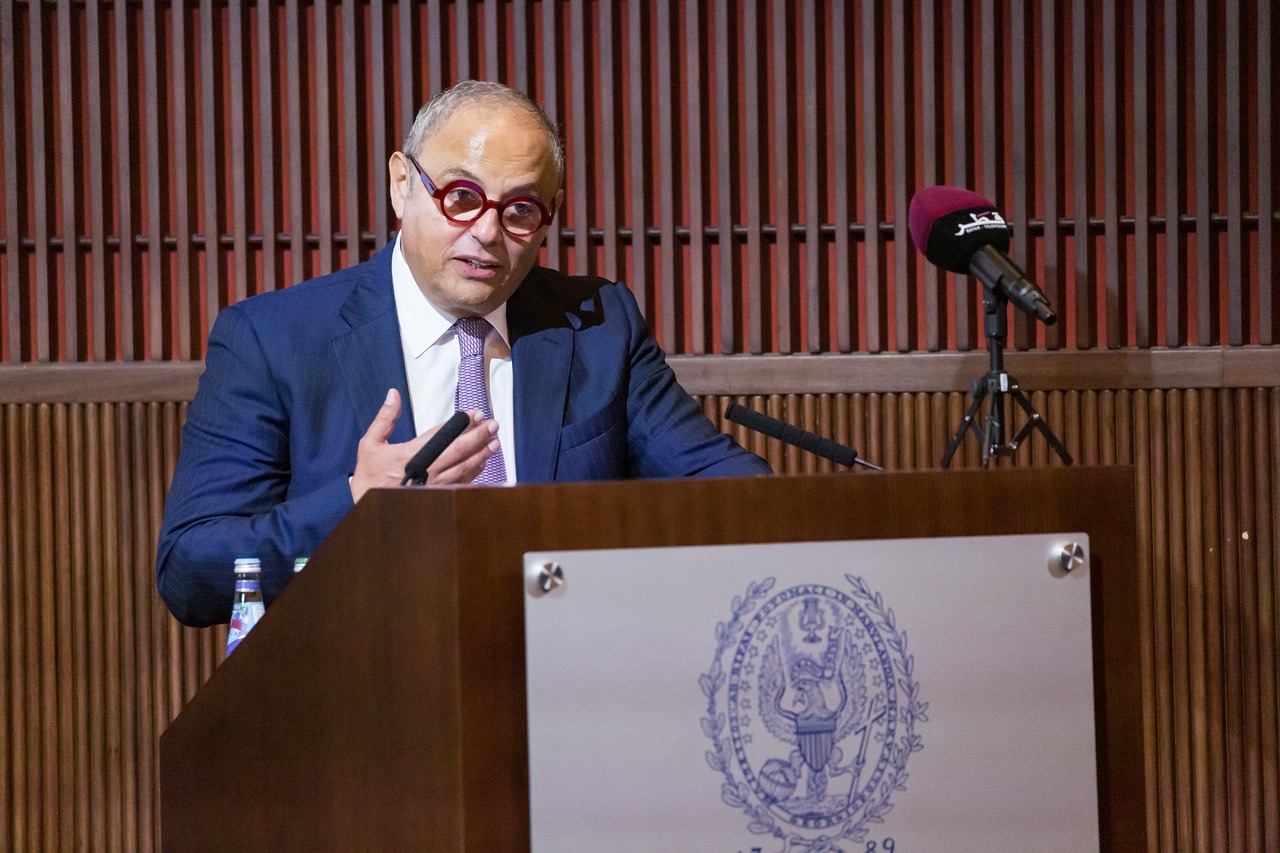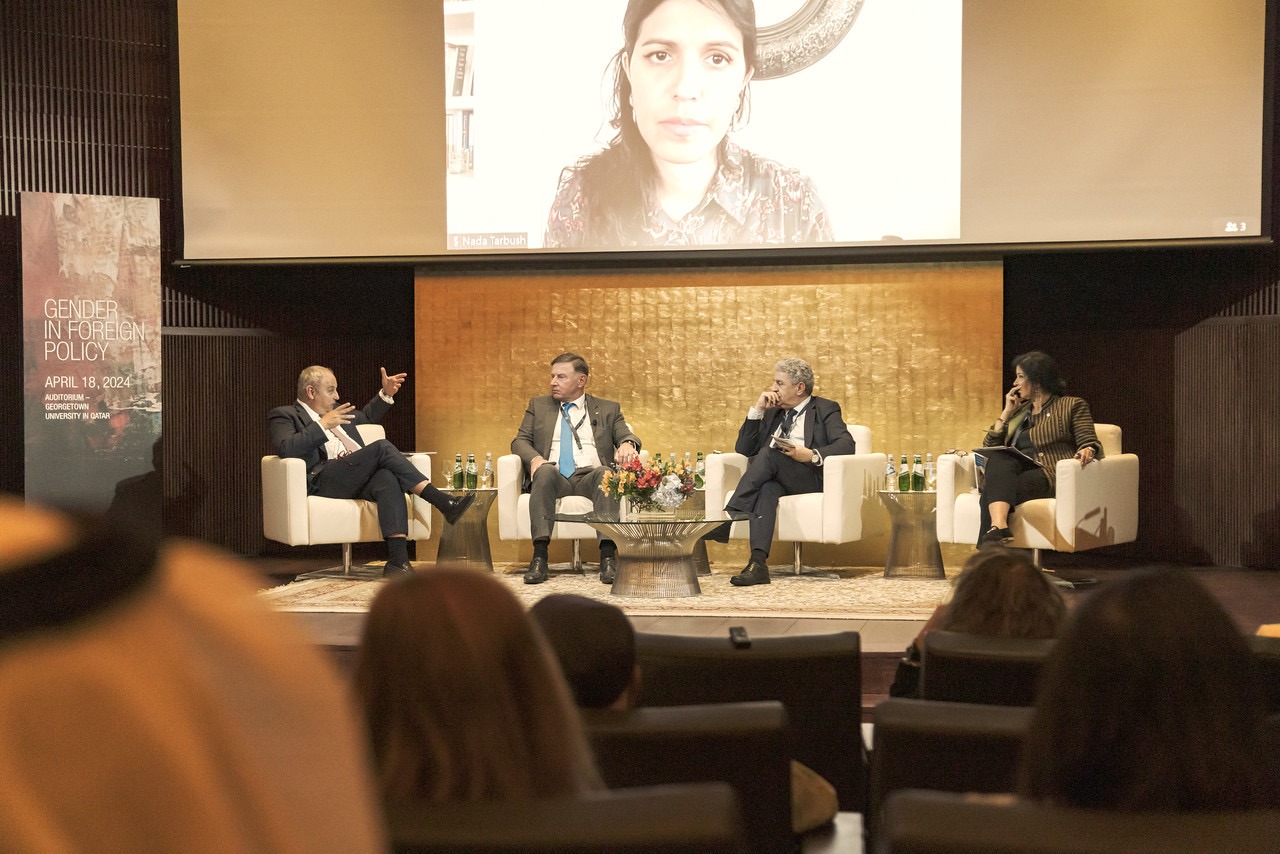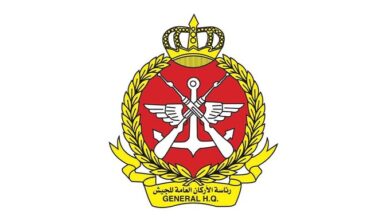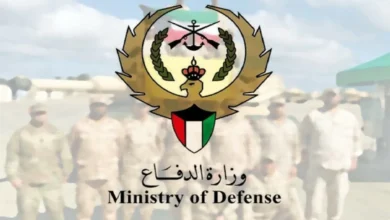More women needed at the foreign policy table

A global dialogue hosted by Georgetown University in Qatar (GU-Q) emphasized the role of gender-informed strategies and gender diversity within international institutions to drive better and more equitable foreign policy and outcomes.
GU-Q’s ‘Gender in Foreign Policy’ Hiwaraat conference engaged the diverse perspectives of distinguished women leaders with pioneering careers in politics and international diplomacy, including Dalia Grybauskaitė, the first female president of Lithuania, who held the office from 2009 to 2019.
“It is important for the world that women assume greater leadership roles in the diplomatic and political arenas because it is the natural thing and the right thing to happen,” said Dr. Safwan Masri, dean of GU-Q. “And I can think of no better expression of [GU-Q’s] mission and values than today’s discussion on gender in foreign policy,” he said, highlighting that seven in ten students in the foreign service degree program at GU-Q are women, with the potential to bring a new gender balance to the diplomatic field.

In her remarks, Ambassador Androulla Kaminara, inaugural Distinguished-Diplomat-in-Residence at GU-Q, argued that a “business as usual” approach in foreign policy is no longer adequate. “The UN Secretary-General has stressed that, despite evidence that women’s full participation makes peacebuilding much more effective, the number of women in decision-making roles is falling.” At the current rate of change, she said, achieving the Sustainable Development Goals (SDGs) will take 170 years, including SDG 5 on gender equality, which is integral to all SDGs. “Having this conference in a region where the rate of change with respect to gender empowerment is one of the fastest in the world is important,” she noted.
In her message, Permanent Representative of Qatar to the UN in New York, Alya Ahmed bin Saif Al-Thani, pointed to Qatar’s global leadership in championing women’s rights whileacknowledging the work still ahead. “Historically, women were largely absent from the decision-making tables of international diplomacy. However, over the decades, the persistent efforts of countless women and advocates for gender equality have dramatically shifted this landscape.” She highlighted Qatar’s ongoing efforts, especially through the Group of Friends on Gender Parity, to create more opportunities for women at senior levels within the UN.
The conference helped connect perspectives from the Global North and Global South, and highlighted positive examples of countries actively striving to achieve a gender balance in diplomatic postings, including Lithuania, South Africa, and the European Union. Seasoned women diplomats reflected on the challenges they have faced in their careers in the foreign service, the importance of diversity in decision-making processes, and the role of women in advocating for better policy outcomes. They pointed to the potential role of quota systems, education, and mentoring in creating more access for women at the decision-making level.

A separate session highlighted the opportunities that artificial intelligence presents for diplomacy, its value in facilitating decision-making, but also the dangers of inherent biases and its weaponization. The concluding session focused on the devastating, disproportionate impact of conflict on the rights of women and girls in Afghanistan, Ukraine, and Gaza, and the urgency of amplifying the voices of women in peace-buildingand conflict-resolution processes.

The conference, which was moderated by GU-Q student Moza Al Hajri, created unique learning opportunities for GU-Q students. An exclusive engagement with Ms. Grybauskaitė on the sidelines of the conference offered students firsthand insights into international diplomacy and leadership.












